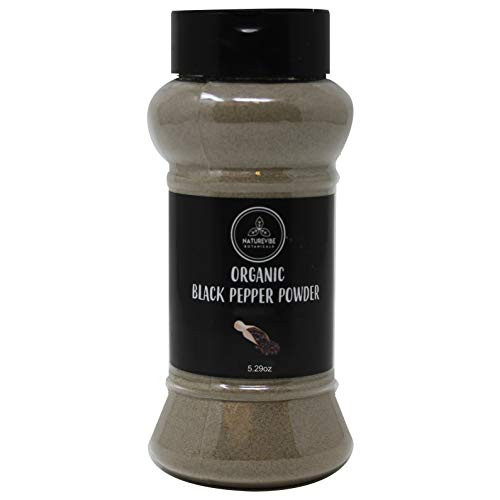?Dill is native to Mediterranean and Eastern-European regions. Just like in cilantro, it too requires warm summer climates with well-drained fertile soil to flourish. It grows 1 to 2 feet in height and features dark-green leaves (sprigs) that are wispy and fernlike, have a soft texture with rich, pleasant anise aroma and sweet taste.
? Dill seeds, used as condiment spice, are similar in taste and appearance to "caraway seeds." They feature light brown color, oval shape with vertical ridges and flavor that is aromatic, sweet, and citrus, but also slight bitterly.
?Fresh dill over the dried form of the herb since it is superior in its delicate fragrant flavor. The leaves of fresh dill should look feathery and green in color. Dill leaves that are a little wilted are still acceptable since they usually droop very quickly after being picked.
?One cup of fresh dill sprigs contains about: 4 calories, 0.6 gram carbohydrates, 0.3 gram protein, 0.1 gram fat, 0.2 gram fiber, 675 IU vitamin A (14 percent DV), 7.4 milligrams vitamin C (12 percent DV)
?Some quick idea: Combine dill weed with plain yogurt and chopped cucumber for a delicious cooling dip, when cooking fish, especially salmon and trout, as the flavors complement one another very well, garnishing for sandwiches, dill seeds were traditionally used to soothe the stomach after meals, place some seeds in a small dish and place it on the dinner table for all to enjoy.
?Used for making those dill pickles that are commonly placed on grilled burgers and sandwiches. Dill seed, dill weed oil and fresh dill are the typical forms of dill and are often used by the food industry for added flavor in baked goods, snacks, condiments and meat products, and as ingredient in liqueurs. The fragrance industry has even taken advantage of dill by using it to produce soaps, perfumes, detergents, creams and lotions.
Naturevibe Botanicals Dill Weed 0.8 Ounce - Non-Gmo and Gluten Free - Indian Seasoning - Adds Flavor -25gm-
MSRP:
Was:
$39.88
Now:
$19.94
(You save
)
(No reviews yet)
Write a Review

Write a Review

Naturevibe Botanicals Dill Weed 0.8 Ounce - Non-Gmo and Gluten Free - Indian Seasoning - Adds Flavor -25gm-
- SKU:
- YTH633624
- UPC:
- Condition:
- New
- Availability:
- Free Shipping from the USA. Estimated 2-4 days delivery.

Add to Cart
The item has been added
Naturevibe Botanicals Tandoori Masala 7 ounces -198g- - Non-GMO and Gluten Free - Indian Seasoning - Adds Taste
MSRP:
Was:
$99.78
Now:
$49.89

Add to Cart
The item has been added

Add to Cart
The item has been added

Add to Cart
The item has been added
Naturevibe Botanicals Organic Oregano leaves 5oz Non-GMO and Gluten Free Seasoning Adds Flavor
MSRP:
Was:
$50.38
Now:
$25.19

Naturevibe Botanicals Organic Nutmeg Whole 50gm Non-GMO and Gluten Free Indian Spice Adds Aroma and Flavor
MSRP:
Was:
$45.88
Now:
$22.94

Add to Cart
The item has been added
Naturevibe Botanicals Organic Nutmeg Powder, 4.76oz | Non-GMO and Gluten Free | Indian Spice | Adds Aroma and Flavor
MSRP:
Was:
$55.96
Now:
$27.98

Add to Cart
The item has been added

Add to Cart
The item has been added
Naturevibe Botanicals Organic Thyme Leaves, 2.53 ounces - Non-GMO and Gluten Free - Adds Aroma and Flavor
MSRP:
Was:
$41.88
Now:
$20.94

Add to Cart
The item has been added
Naturevibe Botanicals Organic Nutmeg Powder 4-76oz - Non-GMO and Gluten Free - Indian Spice - Adds Aroma and Flavor
MSRP:
Was:
$91.78
Now:
$45.89
!

